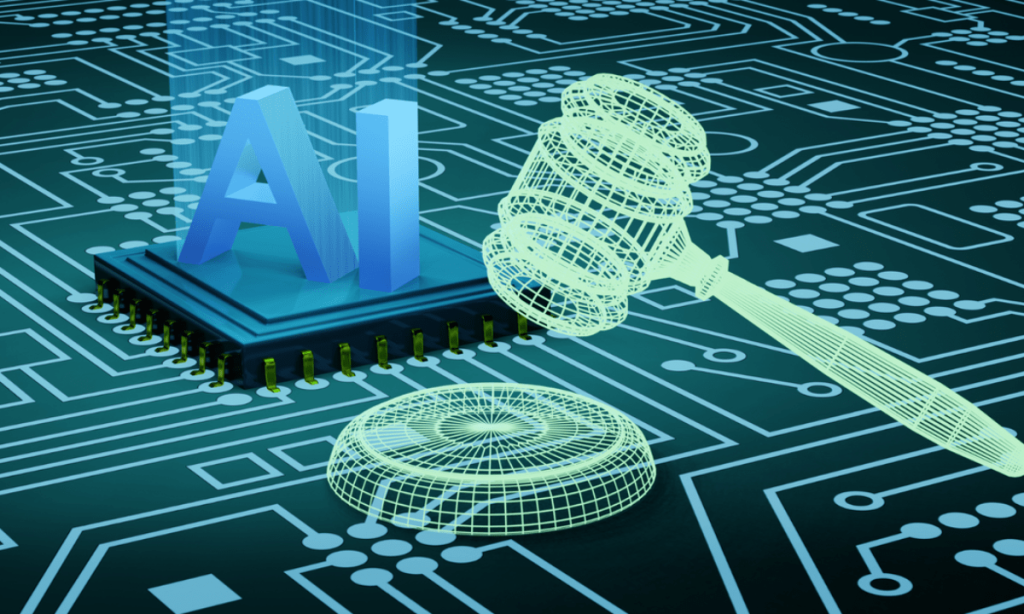
Why AI Ethics Is Important ?
The contemporary digital economy relies on AI to make intelligent decisions regarding healthcare, finance, employment, and more. But AI systems are likely perpetuating human bias unintentionally or using unsubstantiated hypotheses.
Ethical AI refers to open, transparent, and accountable algorithms that are human-centered in their approach. To business, embracing ethical AI best practices isn’t compliance—it’s establishing enduring trust and credibility.
The Foundation of Ethical AI
To maintain fair algorithms, companies start with clean, fair, and varied data. Data bias is the most common source of unfair algorithms.
A culture of AI governed by a company guarantees that companies can identify, monitor, and mitigate bias across the AI life cycle. Regular auditing, fairness testing, and third-party audits can also bring in accountability.
Ethical AI also involves cross-functional collaboration between ethicists, data scientists, and developers. By inserting fairness checks into AI at every development step, organizations can make sure that their systems are providing fair and consistent decisions.
Transparency and Accountability in AI
Transparency plays a pivotal role in ethical AI development. Organizations must make it evident that they explicitly explain how their AI models are constructed, what data they ingest, and how they decide.
Algorithmic explanations are implemented to further the confidence of the consumers, along with outsmarting novel AI regulations as well as data privacy regulations.
Accountability is consequent on transparency. AI ethics boards, with clear governance policy and under human control, ensure that computer programs behave responsibly and sensibly.
The Business Case for Ethical AI
Not only the right thing to do, but it is also good business, as well, in AI ethics. Companies that lead with ethical AI development establish more resilient brands, acquire loyal consumers, and stay out of court and out of reputational repair.
And beyond this, transparent and fair algorithms allow for improved decision-making, increased user satisfaction, and long-term growth.
Conclusion
With the future settled by AI, corporations are required to instill AI fairness, transparency, and accountability into each phase of development.
Ethical AI is not a step-by-step process—it is an odyssey that inspires the way a company innovates and competes ethically within the digital economy.
